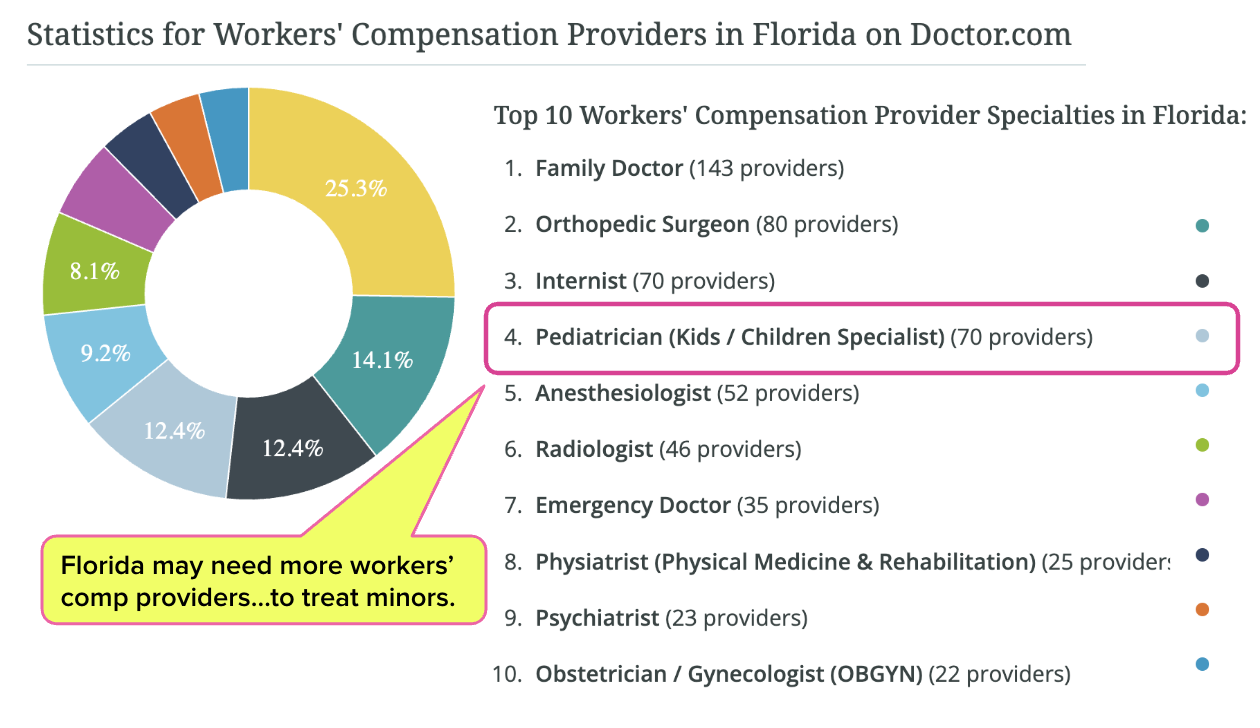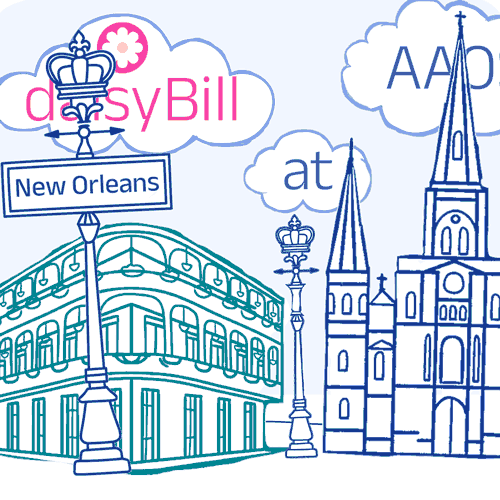FL May Need More Workers' Comp Pediatricians
.gif)
As Florida enforces stricter rules against hiring undocumented workers, employers are scrambling to fill essential jobs. In response, Governor Ron DeSantis and state lawmakers are backing an unusual fix: put teens to work.
Senate Bill 918 (SB 918) would significantly expand how much—and when—minors can work. But while that might ease short-term labor shortages, the long-term consequences for Florida’s youth, schools, and healthcare system could be serious.
What SB 918 Would Change
The current Florida law protects teen employees aged 16 and 17 as follows:
-
Cannot work before 6:30 a.m. or after 11:00 p.m. on school nights
-
Cannot work more than 8 hours in a day when the following day is a school day
-
Cannot work more than 30 hours per week while school is in session
- Must receive at least a 30-minute break after 4 hours of work
SB 918 proposes to eliminate these protections. That means high schoolers could legally:
- Work overnight—even on school nights
- Take on longer shifts with no guaranteed meal breaks
- Work unlimited hours while school is in session
The bill also relaxes rules for 14- and 15-year-olds, allowing them to work under certain conditions such as being home-schooled, being enrolled in virtual programs, or holding an exemption certificate from a school official.
Why This Could Hurt Florida
Supporters say SB 918 offers families more choice and businesses more help. But the bill could carry significant downsides—for the teens and for the state overall:
-
Worsening Educational Outcomes - It should come as no surprise that when students work longer and overnight hours, their academic performance tends to drop. Fatigue, missed schoolwork, and reduced engagement hurt not only the student but Florida’s graduation rates, workforce readiness, and long-term economic potential.
-
Increased Risk of Injury - Teen workers are twice as likely to be injured on the job compared to adults, according to the CDC. Adding minors to higher-risk jobs without adequate protections may lead to more workplace injuries, creating demand for a niche medical service: pediatricians who treat workers' comp cases.
- Straining Medical and Compensation Systems - If more minors are injured on the job, Florida's workers’ comp system—which isn’t designed for large numbers of child claimants—will face logistical, ethical, and medical challenges because pediatric specialists are already in short supply.
An online provider registry lists only about 70 pediatricians in the entire state who accept workers’ comp patients. That's not nearly enough to handle a potential surge in injured child workers.
A Step Backward?
Opponents of SB 918 say it risks reviving 19th-century labor practices under the banner of “parental rights.” Supporters argue that the jobs are safe and that families—not the government—should decide how much their teens work.
But if the bill becomes law, Florida could soon face a 19th-century reality: children working longer hours, getting hurt more often, and falling further behind in school—all while the state scrambles to find pediatricians to treat them.
daisyBill makes treating injured workers easier, faster, and less costly. Request a free demonstration below.
REQUEST DEMO
DaisyBill provides content as an insightful service to its readers and clients. It does not offer legal advice and cannot guarantee the accuracy or suitability of its content for a particular purpose.


.gif)

.gif)


